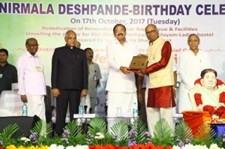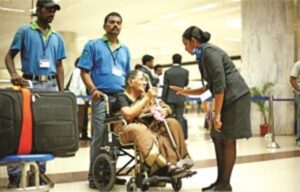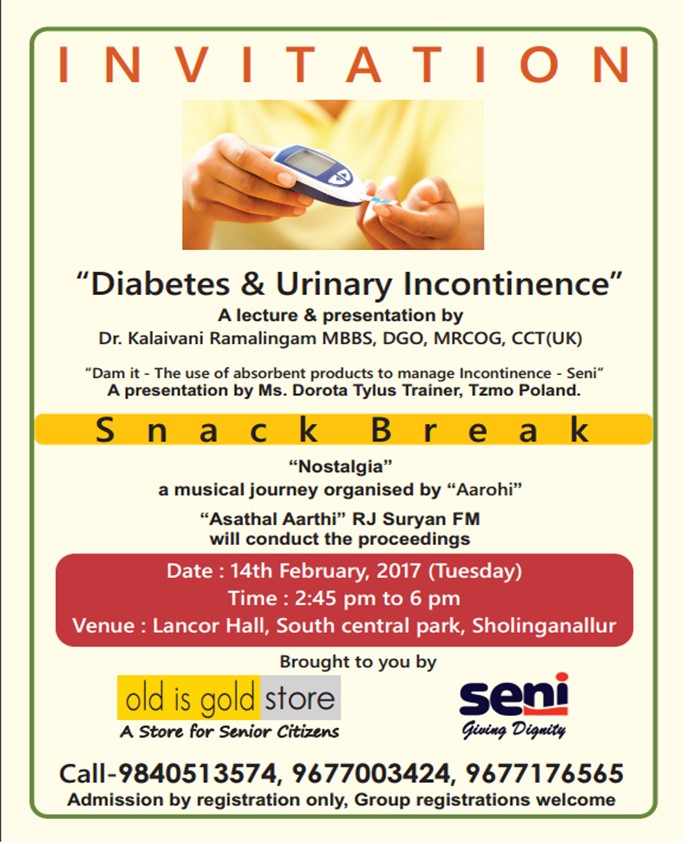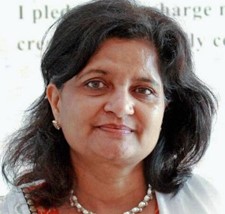Definitions:
Hospice
A home that provides care for the terminally ill. Cancer patients in their last stages and others who have six months or less to live, benefit from moving into a hospice as the hospice is geared to take care of their needs and ensure comfort and care.
Palliative care:
Palliative care refers to treatment given not towards curing an illness, but towards keeping the patient comfortable and pain free.
Looking after a loved one who is terminally ill is one of the toughest assignments one can have. Firstly, unless one is a nurse or a doctor, one is not fully qualified for the task at hand. Secondly, if the loved one is suffering, watching them from close quarters can be really traumatic and both emotionally and physically draining.
Under such circumstances, opting for hospice care may be the best thing one can do, for oneself and for the patient. A hospice is geared to look after the terminally ill and will be able to keep your loved one as comfortable as possible. In addition, many times, they will have licenses to procure and prescribe pain killers such as morphine, that are not available to others. On top of that, this will give you the opportunity to spend quality time with the loved one rather than constantly worrying whether one is doing enough for the loved one.
In India, there are quite a few charitable organizations that run palliative centres. Most of these however cater to the poor and destitute. They do the best that they can but given that they are charity run and are invariably filled beyond capacity, they may not be suitable for those that are willing to pay for better quality services.
Searching on google for “hospice”, “palliative care”, “terminally ill care” and similar words along with the name of one’s city will give one a quick overview of the available options.
It is important to remember that considering the option of hospice care for a loved one is not an act of abandonment, a sign that one is relinquishing one’s responsibilities or dereliction of duty.
Under such circumstances, it may be the right thing to do for one’s loved one.

 The Probus Club of Chennai received the Humanitarian Award from the Thakkar Bapa Vidyalaya Samithi in recognition of the yeoman service that they did during the floods in Chennai in the year 2015. The award was presented by Hon’ble Vice President of India, Shri Venkaiah Naidu and received by Probian President RT Namasivayam.
The Probus Club of Chennai received the Humanitarian Award from the Thakkar Bapa Vidyalaya Samithi in recognition of the yeoman service that they did during the floods in Chennai in the year 2015. The award was presented by Hon’ble Vice President of India, Shri Venkaiah Naidu and received by Probian President RT Namasivayam. I recently took my mother-in-law to Mumbai for a family wedding. While she can walk a bit, she finds standing for extended periods and walking long distances very painful, so I ordered wheelchair support for her at the time of check-in.
I recently took my mother-in-law to Mumbai for a family wedding. While she can walk a bit, she finds standing for extended periods and walking long distances very painful, so I ordered wheelchair support for her at the time of check-in.
 A strength-based approach rather than a deficit-based approach towards ageing could well have an empowered senior citizen stepping into a journey of a “well-being” experience.
A strength-based approach rather than a deficit-based approach towards ageing could well have an empowered senior citizen stepping into a journey of a “well-being” experience.
 India’s Largest Senior Citizen Sports and Cultural festival – JASHN 2016, will kick off on Saturday 15th – October in Lavasa with an underline theme of “High on Life”.
India’s Largest Senior Citizen Sports and Cultural festival – JASHN 2016, will kick off on Saturday 15th – October in Lavasa with an underline theme of “High on Life”. The first week of October is marked as Elders week and a lot of programs are conducted around the country to highlight the fact that there is an elderly segment of population still living in India.
The first week of October is marked as Elders week and a lot of programs are conducted around the country to highlight the fact that there is an elderly segment of population still living in India. India’s first accessibility audit failed to find a single public building or place that was completely accessible to people with disability!
India’s first accessibility audit failed to find a single public building or place that was completely accessible to people with disability! Cricket icon Sachin Tendulkar, who has always attributed his success on the field to his late father by raising his bat to the sky, urged the Gen X to join the campaign to safeguard senior citizens against abuse, at the launch of Kartavya… Culture of Care, an age-sensitive community campaign in Thane on Monday.
Cricket icon Sachin Tendulkar, who has always attributed his success on the field to his late father by raising his bat to the sky, urged the Gen X to join the campaign to safeguard senior citizens against abuse, at the launch of Kartavya… Culture of Care, an age-sensitive community campaign in Thane on Monday.